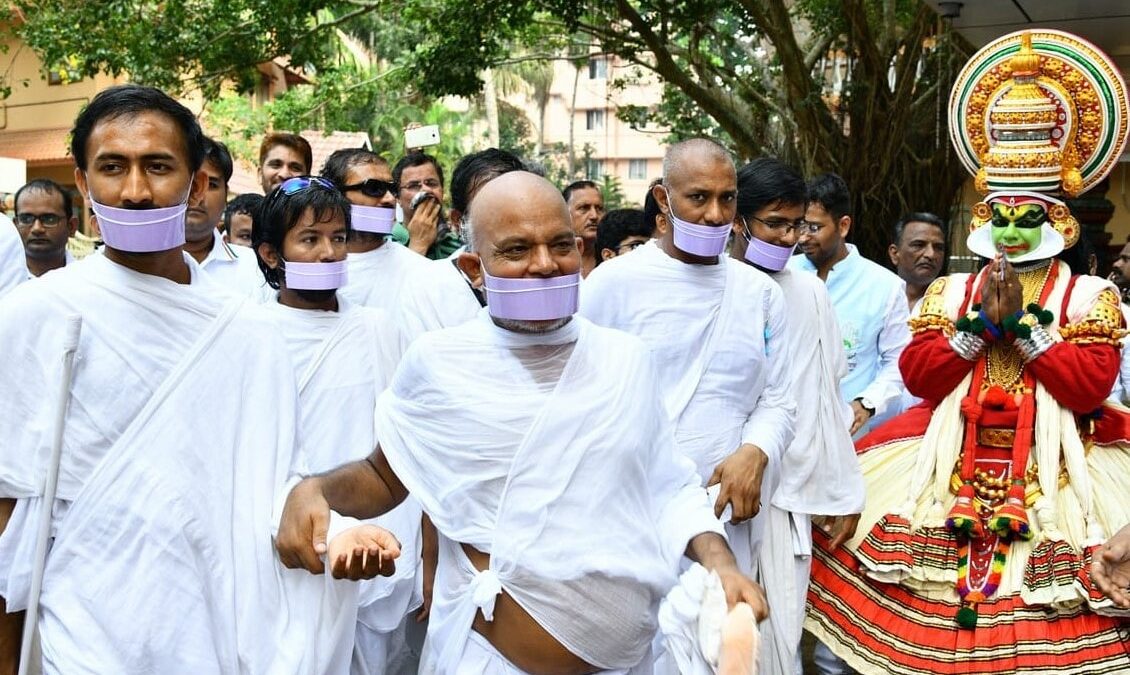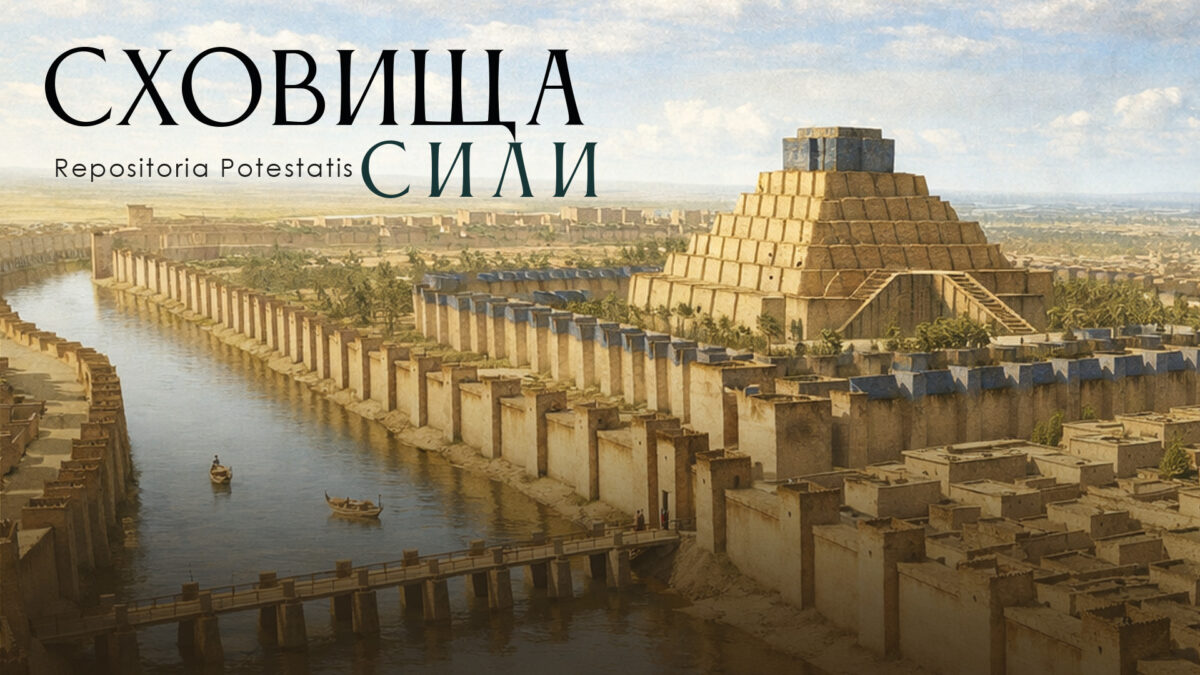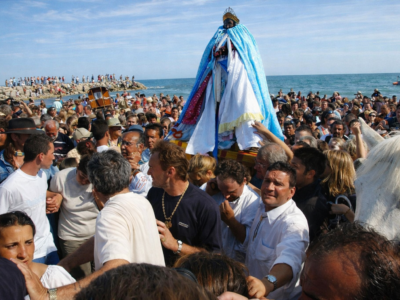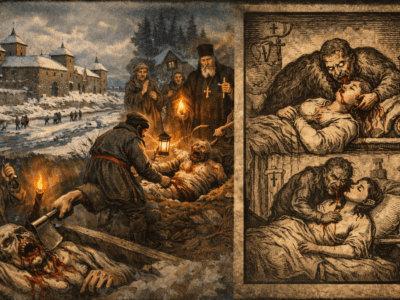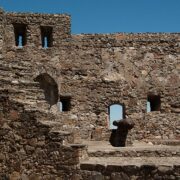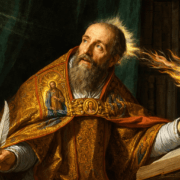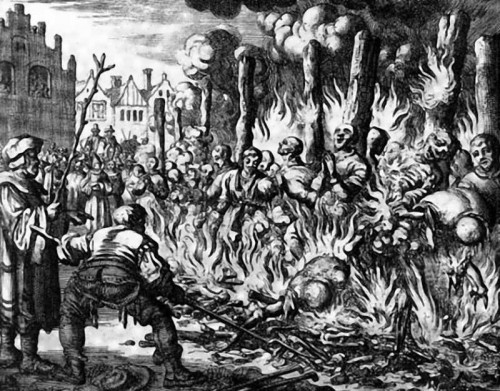
Interestingly, not everywhere did all the pagan elements in the history of the church disappear completely. Moreover, the holy apostles, having collected the first Apostolic one described in the text of the Acts of St. He decreed that the apostles should not impose any burdens on the Gentiles who believed in Christ, except to avoid idolatry, fornication, and not to eat blood. The rest, as St. wrote. The Apostle Paul is «to hold fast to his own conviction.» It attracts the attention of New Testament researchers and historians of early and early Christianity — the «Corinthian phenomenon» whose meaning was the ability of the believer to communicate with God and speak «glossolalia» — inseparable reproduction of sounds in structure resembling language, but not semantically. In ancient Greece, during the existence of temples to many gods, they always had priests and prophets. The latter, in order to receive a certain revelation and to show the will of these gods, drank the potion of the narcotic component, and then, reading notes with requests to the god, received something from them. The prophets and prophetesses were in an ecstatic state and used glossolalia. Next to each of these prophets were interpreters who translated the meaning of the glossolalia in order to understand the answer to the request.
The Corinthians, in many cases former Gentiles, received and used glossolalia in their communities for the spirituality and exaltation of the Christian speeches of the elders, which in many cases were perceived as prophecy. Everyone boasted that only he, having certain unique gifts from God, glossolalia in particular, can be «special» or even «higher» than all. As a result, love was lost among the believers, and the apostle corrects this situation. He did not write that he condemned glossolalia or other gifts, but emphasized the uniqueness of each of these gifts in order to benefit the church. None of the gifts should be valued more than others, except love, as the highest gift from which the Christian practical life should begin.
However, in the history of the church, the separation of one gift from all others, or the self-affirming role of the prophet in the community, continued to exist in the church despite the warnings of the apostles.
One such movement, based on the principles outlined above, is associated with the name of a former pagan priest of Montana. Little is known about the details of Montana’s life and Montanism in history, mostly from Tertullian’s sources and descriptions. It is known that Montan came from Phrygia, and part of his life served as a priest. In 156 he converted to Christianity, but with his own perception and interpretation. Montan preached the «living», spiritual communication of man with God, which, in his opinion, should be direct, as from person to person. This means that Montana had to become an opponent of the church system, and in such a version, which was at the time the church order to reject. Montan doubted that in the liturgy of the church, order, there is communion with God. To Montana, it seemed petrified, stagnant, dead. The living communion with Christ must be reflected through the Holy Spirit, mainly through the gift of prophecy, which is present not only in the «living» believer, but also in the guide of special spiritual people — the prophets. Such prophets had a charismatic demeanor and had leadership in Montanist communities. Montan disagreed with the fact that church elders, bishops, should primarily be teachers primarily to explain God’s will. If Origen believed that church administration should be the primary responsibility of bishops and elders-teachers, Montan gave the latter function to the prophets. One of the first to believe in Montana’s sermon and ideas were two prophetesses, Priscilla and Maximil, who proclaimed Montana not only a «herald of the Holy Spirit» but also His direct incarnation. According to them, it was through Montana that the will of God was revealed and joy came to the believers. He was often called the «Montan Consoler.» Montan himself usually reacted neutrally to such statements.
In some sources, the Montanists are portrayed as followers of the «Cataphrygian heresy,» and in theological literature the authors are immediately ready to call this movement not sectarian, but at least heretical. Of course, this is not unreasonable. The fact is that on the one hand, Montana’s views reflected many extremes, such as viewing himself as the voice of the «Comforter, the Holy Spirit,» and on the other hand, eradicating the sinful and negative from the church, which had a significant impact on the clergy.
It should be said that the Montanists, quoting the Holy Scriptures, could not reveal their fullness without the introduction of the gifts of the Holy Spirit in church practice, mainly prophecies and glossolalia. According to the Pentecostal historian V. Franchuk in the work «Russia begged for rain from the Lord», glossolalia received a negative connotation from the church because of the need for a rationalization platform to show that the Christian faith is not an excess of emotions and feelings, but rather everything is a reasonable, well-founded, fact-based faith. There is no bigotry and nonsense in it. Roman philosophers, such as Celsius, wrote negatively about Christians with all possible negative factors and slander. In his work «Word against Christians», it depicts believers in Christ as fanatics who eat children, engage in homosexuality, and cause crop failures and earthquakes in Rome. Despite the fact that the facts were taken «out of nothing» or radically distorted, to write about people who reject the honor of the emperors, and moreover, not as everyone refuses to go to the theater — was a significant reason.
Thus, one way or another, the emotional, irrational side, which was covered with mysticism, added fuel to the fire and made the Christian faith more susceptible to persecution. Montanists, without mysticism and their manifestations of prophetic ecstasy, could not be seen. Maximilla and Priscilla were two prophetesses who helped Montana spread the faith. The main content of the prophecy was reduced to the punishment of sinners for their sins, as well as the rapid return of Christ to earth. The loss of the prophetic spirit, according to Montana, meant the loss of ecclesiology, divinity, and truth. All the prophecies, as Tertullian writes, were ecstatic. Without ecstasy, prophecies never arose in Montanist communities. Any reasonable side of religion was excluded and all preference for ecstasy was given. Montan himself has repeatedly stated that although the prophets, Christ, and the apostles never taught in the trail, and the New Testament prophecies were not ecstatic, yet the last revelations and prophecies were considered more relevant than the previous ones. Montan is the coming of the spirit, Maximil and Priscilla are the prophetesses. As for the personified nature of the prophecies, they were all uttered from the first person of the masculine gender, that is, directly from the spirit. Returning once again to the Montanist prophecies, the opinion of the early prophets Amias and Codratus transmitted by Eusebius of Caesarea should be emphasized: «The false prophet begins with an arbitrary delusion, which turns, as we have said, into madness.»
The assessment and spread of Montanism in the work of the Church Fathers is not unambiguous. Eusebius of Caesarea wrote in his Church History about how Montan and his followers, along with the prophetesses, penetrated church communities. Eusebius wrote that many church gifts were manifested in the life of the church, but the problems began when they believed in the prophecies of Montana. In the village of Ardava, on the border with Phrygia, «some Montan… began to utter something strange, prophesying contrary to the custom of the Church….» The author continues: «Of those who at that time had to listen to his illegal cries, some were outraged by claiming that he was possessed by a demon, being in the power of the spirit of delusion and questioning the people.» Thus, Eusebius negatively evaluates in his history the theological essence of the teachings of Montana, which contradicted the teachings of the early church.
As noted above, the Montanists insisted on the abolition of the established church order as petrified and dead. The existing church framework, which according to Montana, in which the church was driven, prevents the search for the Divine. The existing order of worship among the Montanists was reduced to the speeches of the prophets, who were accompanied in the communities. Prophets came in ecstatic states, thus connecting with God to receive new prophetic information or revelation. The ecstasy of worship was not only the basis of the prophets. Each member of the community was committed to the practice of glossolalia and receiving individual, living revelation. What did Montana and his followers prophesy? The dominance of apocalyptic sentiments was prevalent in the church at that time. Many scholars agree that most early Christians were convinced that the millennial kingdom of Christ would come during their lifetime. They did not set themselves the goal of enrichment and the value of material goods. Prophecies and preaching about the second coming of Christ were the main prophecies in Montanism. It is unknown whether the Montanists believed in the literal coming of Christ in their lifetime. However, from the statement above, we can conclude that yes.
The prophecies of the Montanists were the result of a rather strong ecstasy. The more emotional and ecstatic the Montanists were, the more reason there was to believe that God was working with them. The whole atmosphere of the sermon was informal and overly emotional. Everyone who felt the presence of the Spirit stood up and uttered a prophecy that emphasized the rapid coming of Christ and repentance of sins.
Spreading in Rome, Carthage, and southern Gaul, the Montanists abolished the church hierarchy as such. Montan and his followers saw the essence of church worship and practice in the critique of the rational side of religion. God as Spirit, according to the Montanists, places the main emphasis on mysticism and revelation.
The center of the church life of the Montanists was Pepuza, which according to the prophecies was proclaimed the «New Jerusalem». Cities, mainly Phrygians, who did not want to repent of their sins, the Montanists prophesied punishments for them, which will be revealed in the coming of Christ.
We must not overlook the fact that not all researchers believed that the foundation of strong morality was properly rooted in Montanism. Historian Louis Duchamp argued, based on his own work and research, that the asceticism of the Montanists was the result of the dissolution of many marriages, suicides, selfishness, and the existence of paid preachers. The lives of the prophetesses, who, despite their strict asceticism, lived quite luxuriously, were also criticized. The prophetesses lived on voluntary donations from their followers.
Despite the lack of more accurate historical intelligence, or lack thereof, it is difficult to say whether the Montanists really incurred the wrath of church bishops or secular rulers to make themselves martyrs. Unknown. However, it should be noted that when the Montanists suffered in principle for the faith of Christ more than just for their dogmatic features.
In its modern form, the Montanist movement is seen as a pneumatological element of modern ecclesiology, which means church renewal, development and freshness of church life.
Dr. Eugene Raspopov

